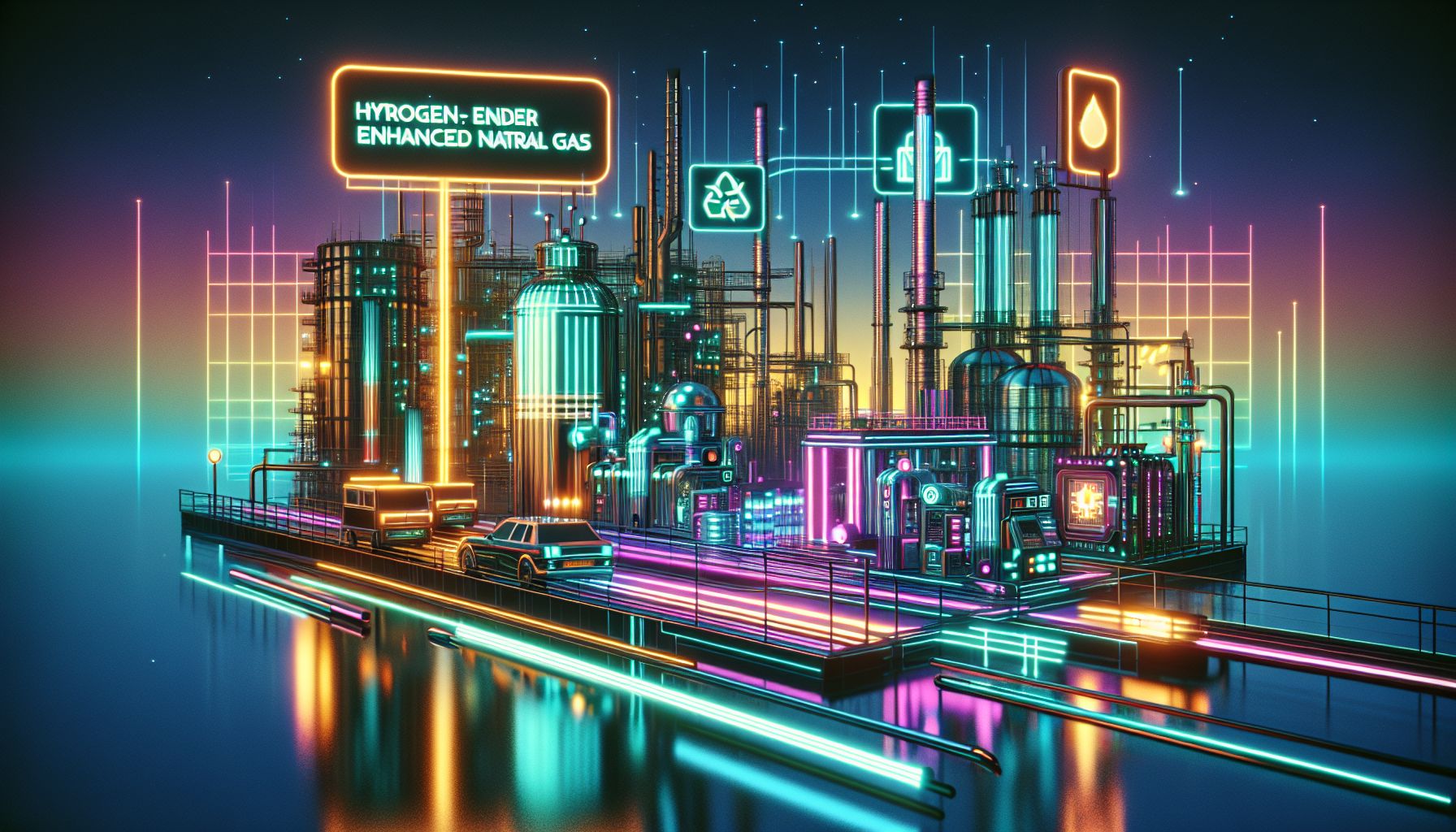Hydrogen-Enhanced Natural Gas: A Cleaner Future?

Los Angeles, Monday, 3 February 2025.
Blending hydrogen with natural gas reduces pollutant emissions significantly. It offers an appealing step toward cleaner energy, paving the way for reduced environmental impact. A breath of fresh air, perhaps?
The Science Behind the Blend
I’ve been analyzing recent research that shows fascinating results about hydrogen-natural gas blends. When we mix hydrogen into natural gas at ratios between 0% and 30%, we see significant improvements in combustion characteristics [1]. What excites me most is how this blend behaves under real-world conditions. Even with crosswinds present, the mixture maintains stable combustion properties, particularly at fuel jet velocities between 20-35 m/s [1]. The temperature and velocity fields change notably with higher hydrogen content, leading to more efficient burning [1].
Real-World Applications Taking Shape
Right now, some exciting developments are happening in Europe. In Poland, the Szklary-Huta Hydrogen Initiative is preparing to blend hydrogen into their natural gas grid at up to 2% [3]. This project aims to be operational by 2027-2028, marking a significant step in real-world implementation [3]. Industry specialists are already developing sophisticated monitoring systems to analyze these gas blends effectively [2]. What I find particularly promising is how this technology could help bridge the gap between our current infrastructure and a cleaner energy future.
Environmental Impact and Future Outlook
The environmental benefits are becoming clearer through recent studies. In Illinois, experts are actively discussing these alternative fuel strategies [4]. While some skepticism exists about certain decarbonization technologies, I’m particularly interested in hydrogen’s potential. Recent data from power generation facilities shows promising results - for instance, some turbines have achieved 42% operational efficiency when using hydrogen blends [5]. This suggests we’re moving in the right direction, though we need more real-world testing to fully understand the long-term implications.
Bronnen
- www.sciencedirect.com
- www.qmicro.com
- energynews.biz
- www.citizensutilityboard.org
- gastopowerjournal.com